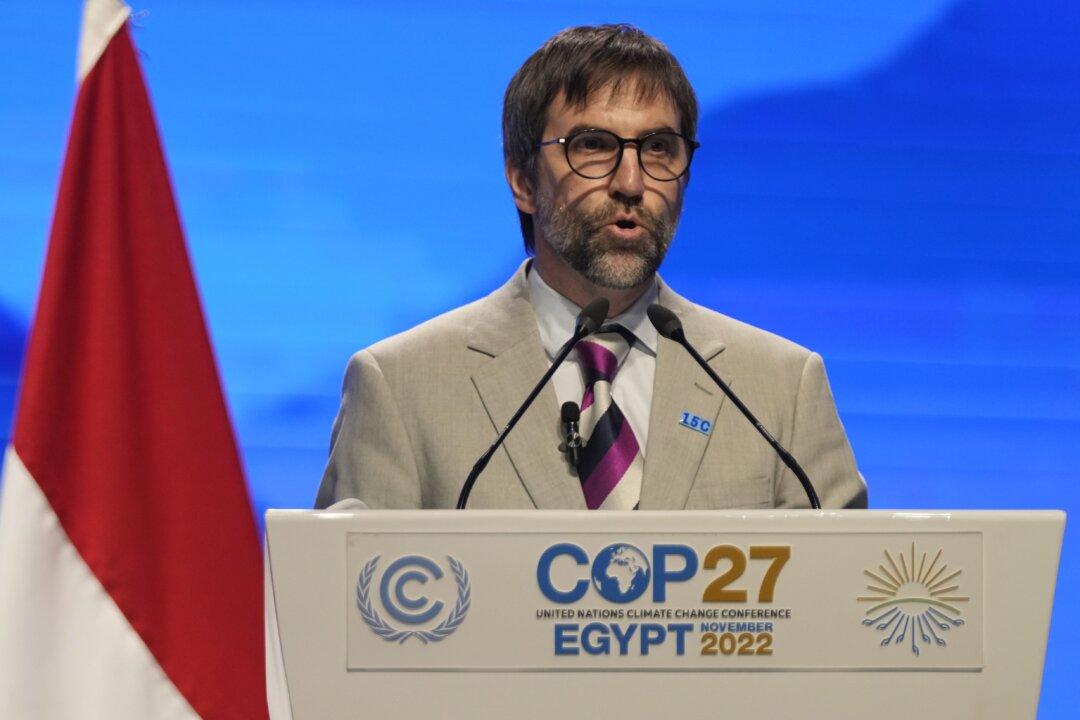Quebec is getting special treatment from Ottawa due to its pricing on pollution being lower than other provinces, says the Canadian Taxpayers Federation (CTF).
“Trudeau is giving Quebec a special deal on carbon taxes and giving other Canadians higher gas prices and heating bills,” said CTF’s federal director Franco Terrazzano in a Nov. 29 statement.





